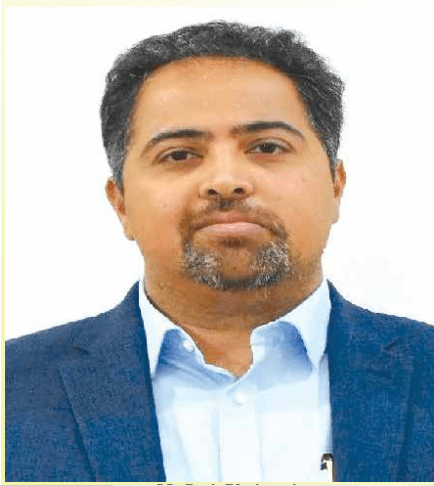Place your adverts here on InfoDig @ low rates; banner ads, sponsored links and guest articles etc. Contact us

Paediatricians in Nigeria, under the aegis of the Paediatric Association of Nigeria (PAN), have expressed their displeasure over the state of Nigerian children and adolescents, many of whom suffer from malnutrition, amidst the re-emergence of previously controlled infectious diseases such as measles, diphtheria, and cholera.
The specialists also voiced concern over the growing burden of poverty on families, and its detrimental effects on children’s health, including starvation and poor living conditions. They also highlighted the alarming number of out-of-school children, many of whom are engaged in child labour or forced into early marriages.
PAN shared these views on Nigeria’s 64th Independence Day, while celebrating the Nigerian child as the hero of the moment, emphasising that they are the leaders of tomorrow. In a statement signed by the National President, Dr Ekanem Ekure, the association commended efforts to tackle childhood diseases, which have led to a reduction in infant mortality compared to the 1990s. However, she noted that the journey is far from complete, as the health of many Nigerian children remains in a precarious state.
This concern is supported by a new report from the United Nations Children’s Fund (UNICEF), which estimates that 11 million Nigerian children, or one in three under five, are suffering from severe food poverty, with 50 per cent at risk of wasting—a life-threatening form of malnutrition.
“Children grappling with severe child food poverty are more likely to face the life-threatening consequences of wasting, thereby impacting their survival and growth,” said UNICEF Nigeria Country Representative, Cristian Munduate, calling for concerted efforts from the government and stakeholders to alleviate child food poverty, and to make nutritious options more accessible and affordable, especially for vulnerable families.
Ekure also raised concerns about “zero-dose” children, who have never been immunised. She warned that the already low vaccine coverage rates may decline further due to the ongoing socio-economic and security challenges. Additionally, she expressed alarm over the growing issue of drug and substance addiction among adolescents and young people, and its damaging effects.
“PAN is not oblivious to the economic difficulties the country is currently battling with. Poverty seems to be gaining more prominence, and its spill-over effects include starvation and poor living conditions for families. Indeed, we have painfully noted the gradual return of severe cases of malnutrition to our hospitals, along with the re-emergence of previously controlled infectious diseases such as measles, diphtheria, and cholera,” she said.
“Nevertheless, PAN congratulates the Nigerian government and all stakeholders for the successful eradication of the wild poliovirus. It is hoped that other killer vaccine-preventable diseases such as pneumonia and diarrhoea will also be tackled with greater vigour. We are concerned about the problem of ‘zero-dose’ children who have never been immunised. The current unacceptably low vaccine coverage rates may likely decline further in the coming months due to the ongoing socio-economic and security challenges, especially in areas that have recently witnessed natural disasters.”
The World Health Organisation’s (WHO) recent statistics on child immunisation corroborated PAN’s concerns, noting that Nigeria’s vaccination coverage in children has historically been suboptimal and well below the 90% target. The report noted that, in 2021, the third dose of the DTP-containing vaccine reached only 56%, while the coverage rate for the first dose of the measles vaccine stood at 59%.
“The low coverage rate, combined with Nigeria’s large population, resulted in 3.3 million under-immunised children and 2.3 million zero-dose children. It is important for Nigeria to continue to strengthen its routine immunisation system, while also implementing catch-up vaccination strategies to ensure no child is left unprotected from vaccine-preventable diseases in the future,” the report stated.
PAN’s national leader also emphasised the importance of protecting the girl child from Human Papillomavirus infection with the globally recommended vaccine, which is now available. She noted that advocacies are underway across the country in support of this vaccine. She commended the Nigerian government and international collaborators for their efforts in ensuring the success of this vaccination programme, and expressed hope that the forthcoming malaria vaccine will receive similar support.
Ekure additionally called for a review of the distribution of essential food commodities as palliatives for poor families, in order to prevent the “middleman” effect, which often leaves the intended beneficiaries without access to these commodities. She urged all levels of government to intensify efforts to combat banditry and other forms of insecurity, which would in turn enhance economic stability, improve family finances, and increase school enrolment.
“The recent increases in the minimum wage for government workers are commendable, but it may be advisable to tie such awards to productivity in goods and services, to curb accompanying inflation,” she advised.

 5 hours ago
37
5 hours ago
37















 English (US) ·
English (US) ·